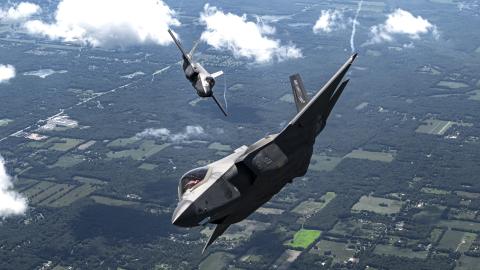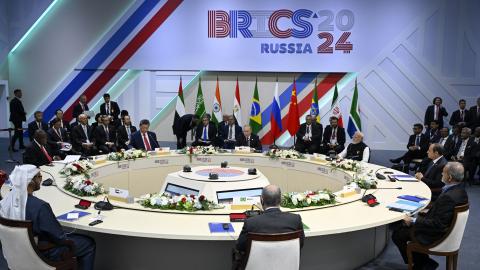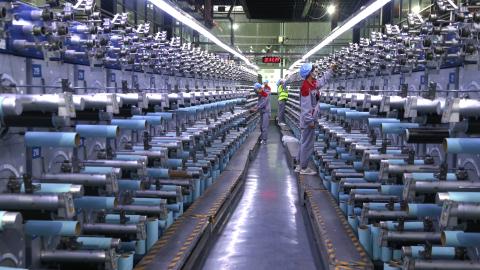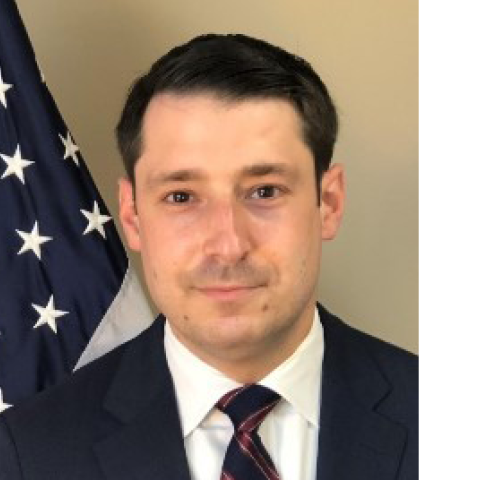Something is rotten in Afghanistan, and unfortunately it’s us. Today’s announcement of "nearly $1 trillion in untapped mineral deposits in Afghanistan" is a symptom of what’s wrong, not a cause for rejoicing.
Recent Afghan news has been resoundingly bad. The top U.S. commander on the ground, Gen. Stanley McChrystal, admitted that the Kandahar offensive will go slower than anticipated, basically because the locals don’t want us there. The Washington Post reported yesterday that the reason for the delay is the opposition of President Karzai’s brother, Ahmad Wali Karzai, the Mafia boss of southern Afghanistan.
But let’s listen to Centcom commander Gen. David Petraeus: "There is stunning potential here." Really? Where would that be? Not in security or governance or anything else remotely under his responsibility. It’s the minerals offensive, stupid! And today’s breathless page one New York Times piece by James Risen even implies that the Pentagon, which perhaps should be engaged in trying to turn the war around, instead has been out prospecting. Risen writes that the mineral deposits were "discovered by a team of Pentagon officials and American geologists."
Afghanistan definitely has mineral resources; the story isn’t false. American geologists were investigating remote areas of southern Afghanistan like Nimroz province even in the 1970s. But work slowly came to a halt during the decades of violence. And the story isn’t new. In fact, it’s instructive to look at the first iteration of the mineral resources news item more than a year ago to understand why all the minerals in the world won’t suddenly make Afghanistan a safe place.
In March 2009, Reuters reported that a U.S. Geological Survey study indicated vast mineral resources. The minister of mines and industry, Mohammed Ibrahim Adel, was quoted by Reuters on the topic of the development of Afghanistan’s Aynak Copper Mine by a state-run Chinese firm, China Metallurgical Group (now under way).
Adel, it turned out, had received a $30 million bribe from the Chinese company—not so uncommon in Afghanistan. It represents less than 1 percent of the expected value of the Chinese investment. What is uncommon is that Karzai actually replaced him earlier this year with a technocrat, Waheedullah Shahrani. (There were suggestions that Karzai himself might have profited from the Chinese deal.)
As this story shows, the "news" about Afghanistan’s mineral wealth is not new at all. It is not news either that one of the major obstacles to using that wealth to better the lives of Afghans and stabilize the country is dysfunctional governance. The other obstacles are Afghanistan’s lack of infrastructure and security, which would add multiples to the cost of production.
Whether Afghanistan’s minerals can be brought to market economically is a whole other issue. Oddly enough, the Times story didn’t even mention this issue. At the rate things are going, the Taliban will be the ones to inherit the mines. Dr. John Whitney, president of Reno, Nevada-based Itronics, with 30 years' experience in mine development in the Americas, says that "nothing in mining can be done quickly anywhere today," due to United Nations standards that apply even in developing countries. He estimated that it would take a minimum of 10-20 years before Afghan mines could become operational.
The Times says, "An internal Pentagon memo, for example, states that Afghanistan could become the "Saudi Arabia of lithium," a key raw material in the manufacture of batteries for laptops and BlackBerries. But Whitney observed that there are two American lithium producers and deposits in Argentina that have not been exploited because of lack of infrastructure. Why would anyone prefer to work in Afghanistan than Argentina?
And Mines and Industry Minister Shahrani was not even quoted in the Times piece—why would that be?
The bigger picture in Afghanistan is bleak and getting bleaker. The increasingly elusive victory we seek won’t be obtained by ignoring the deterioration of Afghanistan’s security and political situation. Yet that is the path that our higher command is embarked upon.
Reading H.R. McMaster’s Dereliction of Duty or Rufus Phillip’s Why Vietnam Matters or any number of other books dissecting the American military’s failures in Vietnam, it’s natural to wonder how so many smart, often brilliant, men in the Pentagon and State Department were so unwilling to acknowledge reality and adapt to it. And given the amount of discussion and analysis of this failure that has occurred in our military over the last decade or so, it’s amazing that our top brass doesn’t recognize that they are sleepwalking into the same drama.
General Stanley McChrystal is the son of a retired major general who served two tours of duty in Vietnam. But perhaps he didn’t hear the right stories at home. McChrystal is the man who approved a Silver Star citation for Pat Tillman—and the day after, wrote an internal memo warning that the football star might have been killed by friendly fire. Tillman’s family had to wait for the truth and were then attacked by top military officials for lacking religious faith.
I’d suggest that we ask why "Pentagon officials" have enough time to scout out mineral deposits, while our soldiers are being blown up by IEDs in increasingly higher numbers—some of them from components supplied by our "ally" Ahmad Wali Karzai. I’d suggest we ask why General McChrystal has made less progress with tens of thousands more troops than his predecessor, General McKiernan, did. And why on earth the Afghan people should trust him, or us, when we offer them the choice between the Taliban and the Karzai mafia.
If we take our minds off minerals for a moment, we will note that an increasingly unpredictable President Hamid Karzai has just fired the two most competent, and crucial, members of his cabinet because they opposed reconciliation with the Taliban. Then he called for the release of thousands of dangerous Taliban prisoners, some being held for planting the IEDs that are the leading killer of U.S. troops. Then he asked that the names of key insurgents be taken off the United Nations blacklist, and the craven U.N. kowtowed.
But let’s not dig any deeper into these stories, or ask why General McChrystal explicitly told high-ranking Americans, including corruption investigators, that it was time to move on from investigating Ahmad Wali Karzai. Let’s not ask why no one on McChrystal’s team wants to look into shocking allegations that an AWK-owned construction company, Kandahar Crush, sells an IED component chemical and fuses to the insurgency to kill U.S. troops. Let us, instead, behold Afghanistan’s minerals—and rejoice!
















